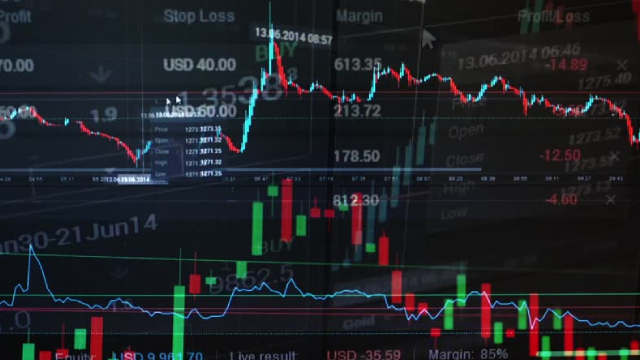Inflation and Investing: A Guide to Preserving Purchasing Power
The Impact of Inflation on Investments
Inflation is a persistent increase in the general price level of goods and services in an economy over a period of time. This gradual rise in prices erodes the purchasing power of a currency, making it crucial for investors to find ways to combat its effects. One of the most effective ways to protect against inflation is to invest in equities, which have historically outperformed cash over the long term despite market volatility.
Why Inflation is Here to Stay
My thesis is that inflation will remain “higher for longer” due to several key factors. Energy costs are on the rise, putting pressure on consumer prices. Additionally, a tightening labor market means higher wages, which can lead to increased production costs for businesses. Furthermore, the trend of deglobalization is creating supply chain disruptions and driving up prices on imported goods.
Investing Strategies for Combatting Inflation
To hedge against inflation, it is advisable to invest in sectors with strong pricing power, such as energy and real estate. These sectors have historically outperformed during inflationary periods, as they are able to pass on price increases to consumers. By focusing on companies with sustainable competitive advantages and the ability to generate consistent cash flows, investors can protect their portfolios from the effects of rising prices.
How Inflation Impacts Individuals
For individuals, inflation means that the purchasing power of their savings and investments will gradually diminish over time. This can erode the value of retirement funds, making it harder to maintain a comfortable standard of living in the future. By investing in assets that historically outperform during inflationary periods, individuals can preserve their wealth and secure their financial futures.
The Global Impact of Inflation
On a global scale, inflation can have far-reaching consequences for economies and financial markets. Higher prices can lead to reduced consumer spending, slowing economic growth. Central banks may be forced to raise interest rates to combat inflation, which can dampen investment activity and restrict access to credit. Inflationary pressures can also exacerbate income inequality, as those on fixed incomes or with limited resources may struggle to keep up with rising prices.
Conclusion
In conclusion, inflation is a persistent threat to the purchasing power of individuals and the stability of global markets. By investing in equities and sectors with strong pricing power, investors can mitigate the effects of rising prices and preserve their wealth over the long term. It is essential to stay informed about economic trends and adjust investment strategies accordingly to navigate the challenges posed by inflation.





